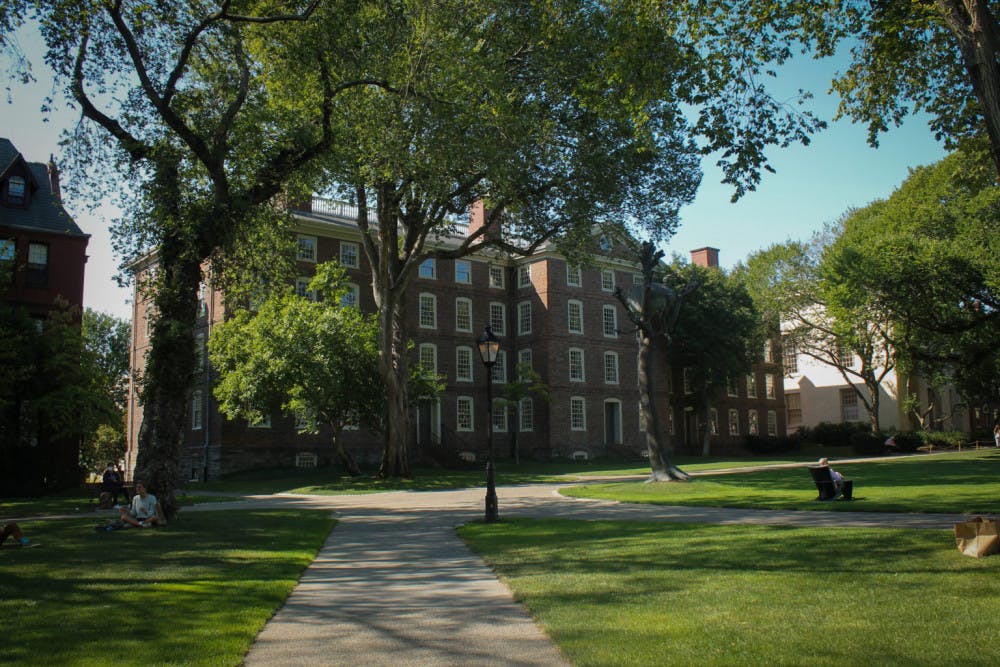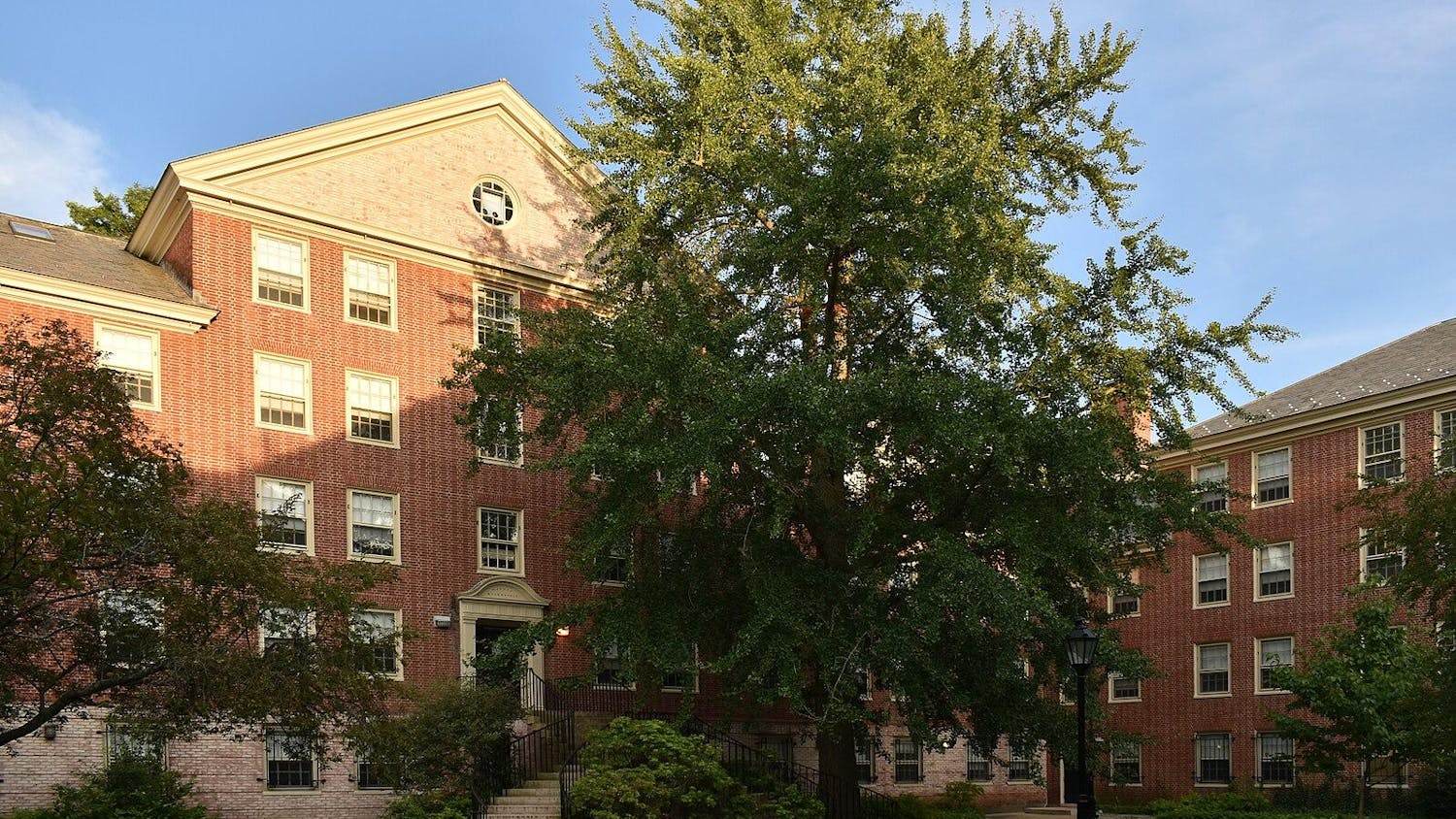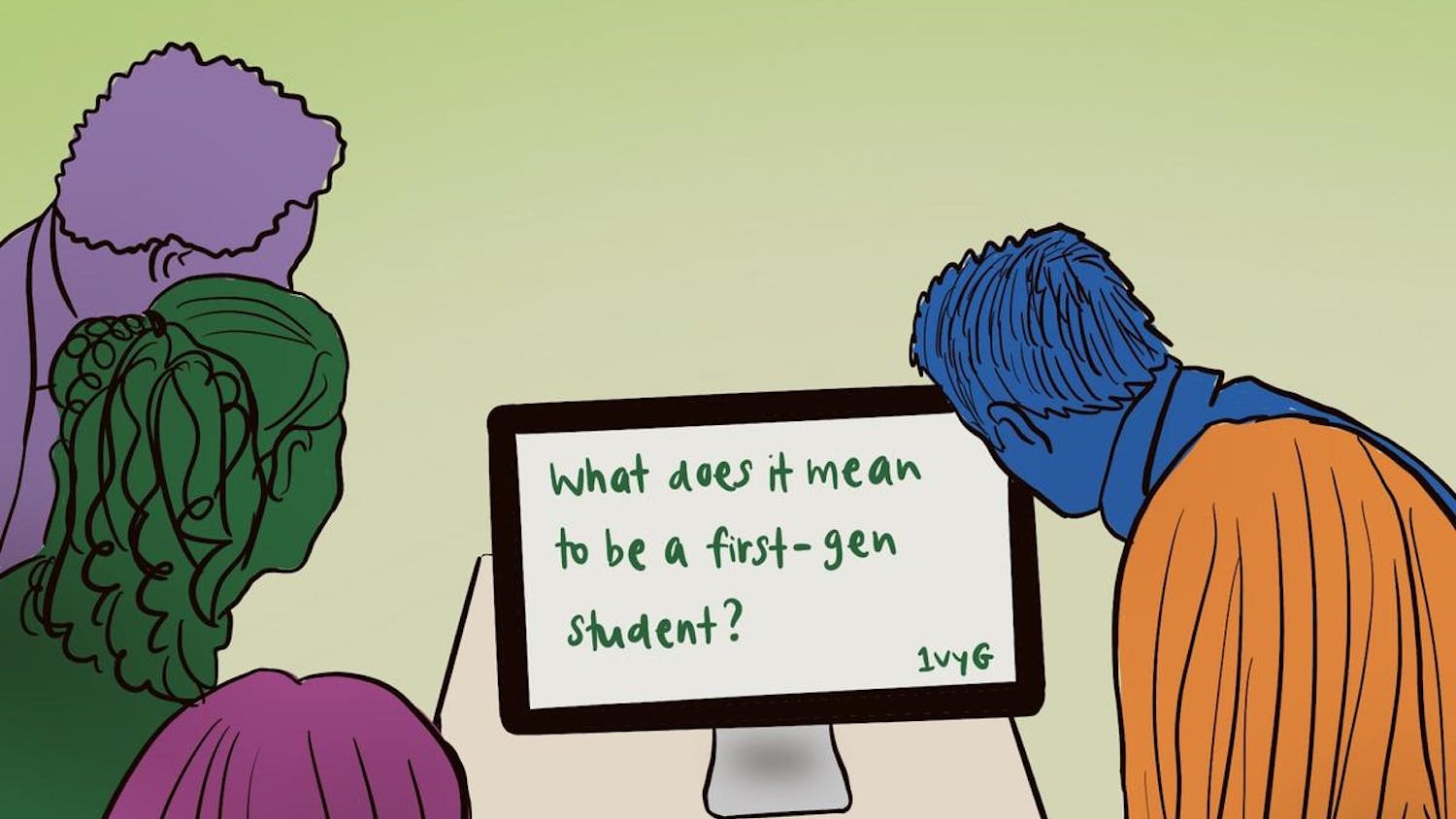Since accepting the position in summer 2019 as the University’s first Transformative Justice Program Coordinator, Dara Kwayera Imani Bayer ’08 and her team have led a series of education and training initiatives for community members on campus and in Providence.
Last year, under Bayer’s leadership, the University started the Transformative Justice Initiative, the first of its kind among colleges in the United States. Bayer’s position as TJ program coordinator is a two-year pilot role funded by the Office of the Provost. The TJ Initiative is housed in the Community Dialogue Project, which “supports Brown students and staff in cultivating meaningful and intentional community, grounded in empathy and self and collective care,” according to the CDP’s website.
Transformative justice is “a liberatory approach and set of practices for responding to interpersonal and structural violence that relies on community relationships to protect the safety and needs of survivors, while building systems of support and accountability for those who have caused and enabled harm,” according to the CDP’s End of Year Report.
In practice, transformative justice “moves folks toward approaches that are community-based, non-punitive and non-coercive,” Bayer wrote in an email to The Herald.
Transformative justice at Brown over the past year
The TJ Initiative, according to Bayer, has taken on three areas of focus.
The first area includes two transformative justice practitioner programs that started fall 2019: one year-long program for a cohort of twelve undergraduates and one five-month program for a cohort of four staff members from the Division of Campus Life. This fall, two new sets of cohorts are midway through the programs, Bayer wrote.
Practitioners undergo community-building exercises and introductions to transformative justice values and practices, according to the End of Year Report. The cohorts also participate in trainings and workshops to assess community conceptions of responses to harm “that would reflect values of justice and accountability.”
The second area the TJ Initiative has focused on revolves around “Community Accountability” processes. This process is a central practice within transformative justice that individuals embark on “to respond to harm beyond punitive systems,” Bayer wrote.
Community Accountability is a “voluntary, long term, formal attempt to resolve past harms and involves a facilitator, support teams and a designed plan for accountability that is co-created by the facilitators, the survivors and the person who caused the violence,” according to the Just Practice Collaborative, a harm reduction and transformative justice training group.
Within a Community Accountability process, both the survivor of harm and the person who caused harm work with support teams, which focus on “at once ensuring that the survivor’s needs are met and that the person who caused harm engages in practices to identify and take responsibility for the impacts of their harmful behavior and actions,” according to the End of Year report. So far, Bayer and student staff have facilitated four Community Accountability processes.
The final area the TJ Initiative continues to focus on is education and training for communities within the University and in Providence.
Since last fall, Bayer, along with the staff and student TJ Coordinators, have held more than 20 skills-based interventions on campus “to support the collaborative development of TJ values and practices,” according to the End of Year Report.
The Initiative has worked with a wide array of student groups and offices, Bayer wrote, including the Meiklejohn Leadership Team, Undergraduate Council of Students, Sexual Assault Peer Education Program, Swearer Center for Public Service, Brown Center for Students of Color, Office of Residential Life, Ultimate Frisbee club sports team, Grasping at the Root, Decolonization at Brown and the Undocumented, First-Generation College and Low-Income Student Center.
Efforts “to redistribute resources supporting the self-determination of communities impacted by historic and present-day harm” in Providence have centered on developing relationships with local organizations and grassroots campaigns, Bayer added.
These efforts have included collaboration with local organizations such as SISTA Fire, Alliance to Mobilize Our Resistance and the Youth Restoration Project, in addition to grassroots campaigns like “Bring Us Home,” which supports families whose children have been taken by the Rhode Island Department of Children, Youth and Families, Bayer wrote.
On working within an institution such as Brown, she wrote that “there are tensions with engaging and implementing an explicitly community-based framework.” According to Bayer, transformative justice’s framework was developed to explicitly exist outside of institutions and punitive processes, “which often further inflict violence.”
Growing interest in transformative justice, abolition and community-based harm reduction
While the pandemic has led the Initiative to migrate their efforts entirely online, interest and engagement with transformative justice has only increased, according to Bayer.
The current cohort of the TJ Practitioner Program received more than sixty applicants for nine participant slots, Bayer wrote.
Since this summer’s national reckoning on racial injustice after Minneapolis police killed George Floyd, “people (are beginning) to have more of an understanding of abolition and more of an understanding of what it means to consider futures without policing,” said Marc Peters, assistant director for community dialogue and campus engagement for the CDP. He added that this has translated into an interest in “community approaches to justice and healing.”
Reflecting on Bayer and her team’s efforts to build the TJPP and make community accountability processes “available to students on campus who seek them out,” Peters said he has been “nothing short of amazed.”
Members of the TJ Initiative are a “really passionate group of people who care deeply about the work and about each other and bringing this type of approach to Brown,” he added.
Xochi Cartland ’21, lead TJ Initiative student coordinator, described Bayer in an email to The Herald as “a phenomenal mentor” who prioritized and facilitated each member’s “development as people and practitioners.”
Cartland, who was hired last September, collaborated with Bayer and Camila Pelsinger ’20 to construct the first iteration of the TJPP. She helped develop content around safety planning, harm reduction, mutual aid and crisis deescalation.
Bayer’s aim is to “support the development and wellbeing of the practitioners” and help them “think through how to implement transformative justice in their everyday lives,” Cartland wrote.
In thinking about the TJ Initiative’s future, Peters said that there is not necessarily a “roadmap,” and transformative justice is a “type of work that is meant to grow organically.”
He described the potential in the future for assembling multiple cohorts for the TJPP and expanding educational programming to engage community members who are interested in transformative justice but unable to secure a spot in the practitioner program.
“As interest (in transformative justice) grows,” Peters said, “I think we’re really well positioned to meet it.”

ADVERTISEMENT




